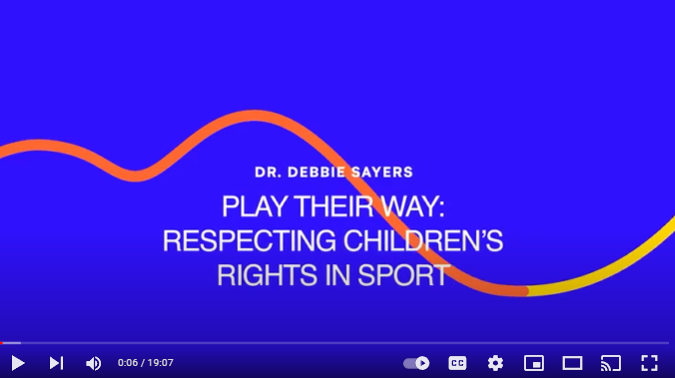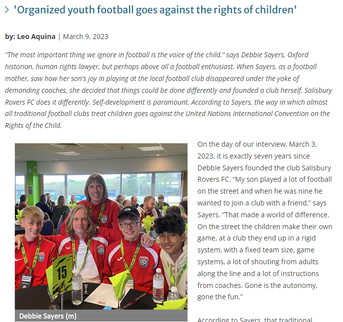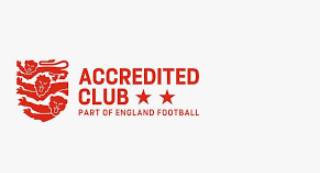- Home
- About us
- Tony Whelan and Pele!
- The Beautiful Game Project
- Coaching
- Futsal
- Join us
- News
- Information links
- Safeguarding, codes & policies
- Coaching resources
- Champions' Fund
- The Free Play Pledge
- Protection of children in football
- Letter to the Premier League
- The rights of children in football
- Diversity and inclusion
Coaching
"The starting point of development is the passion and ambition of a player. What I've learned over the years is that there is one characteristically decisive factor that decides 99 per cent of development - love for the game. Because if you don't love it, you will never work hard and play enough to become really great."
Pepijn Lijnders, Liverpool FC, First Team Development Coach
Pepijn Lijnders, Liverpool FC, First Team Development Coach
|
OUR PHILOSOPHY
We believe every coach and every club should be able to explain why they coach the way they do. Children deserve nothing less. Our coaching philosophy is unique and we try to set it out openly and clearly. Our philosophy is underpinned by children's rights as set out in the United Nations on the Rights of the Child., We have created a long-term model which evolves to meet the needs of the children at our club as they grow. From pure play, to the Constraints Led Approach, everything we do is carefully thought out and discussed with the children and young people who attend the club. We coach in an age appropriate way and our approach rests on the rights of the child and the self-determination theory of learning Put simply, we believe that any child who wants to get better at anything needs to love what they do and they must be driven by their own self-motivation, not the desires of others. This has led us to develop a child-led play model which puts the motivation of children front and centre. You can read more in our document 'Salisbury Rovers' Child-Led Play'. We use the Constraints Led Approach Our 'How we coach' document explains this a bit further. Our original document 'Club sessions: How we coach' document describes how we create and develop sessions across the age groups. OUR PRACTICE Our practice is widely shared in our podcasts, but, essentially, our aim is to respect children's rights and support child ownership of their game. Our club sessions will be fun, relevant and age-appropriate. Children and young people make decisions which shape their own sessions. We provide the environment for learning and decision-making but we do not dictate it. Children have a genuine voice and their views are sought and acted upon. Their decisions are not directed by coaches - we facilitate the game and use game design, questions are used to prompt and develop learning. The complexity lies in the playing of the game. Our coaching emphasis is on the design of our games which will present specific challenges. We often use the constraints led approach and we coach by asking questions to encourage thinking about the game as well as to help skill development. Please talk to us at any time if you would like to discuss this further. Free play is an essential part of this. So is social interaction. Our focus is the development of the whole child. Because of our approach we ask coaches and parents to refrain from coaching from the sidelines. If you are looking for a model where kids in kits in teams in leagues are dictated to play to adult tactics, we are not the club for you. Football courses featuring RoversOpen University - Putting the child before the playerRovers is featured in this Open University free introductory course on the concept o f children's rights in football. The course looks at the UN Convention on the Rights of the Child and explores why children’s rights are fundamental to every young person’s experience of football. The course features Salisbury Rovers and Southampton FC as well as an interview with former professional footballer and legendary Manchester United coach, Tony Whelan. You can access it via this link.
FIFA Guardians Course and Salisbury Rovers FC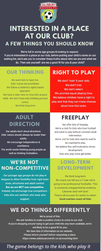
Salisbury Rovers's work has been noticed by FIFA and the club features in Course 4 and 5.
FIFA Guardians offers courses to promote children’s wellbeing in football and develop a comprehensive approach to safeguarding best practice throughout the game. Showcasing Salisbury Rovers, FIFA Guardians shares the club’s approach to children’s rights in the game demonstrating how they encourage independence and choice with the long term aim to keep children in the game. Presenting at the FIFA Safeguarding Diploma course at St George's Park in March, Club Founder, Debbie Sayers, and u18 player and coach Keir Doherty (a member of Wiltshire FA’s Youth Council) shared Salisbury Rovers' philosophy to national safeguarding leads from around 70 FIFA Member Associations |
PODCASTS AND FEATURESClub founder and coach, Debbie Sayers, is often invited on to podcasts, webinars and invited to speak at events and to journalists to share the club's approach. Some links are below:


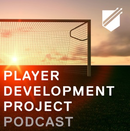

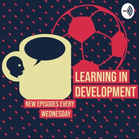


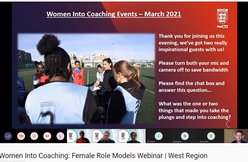
Debbie was part of a free play panel discussion with Paul Cooper, Director of the National Children's Football Alliance, and sports science academic Rick Fenoglio (author of the seminal Man Utd small sided games study) .
Debbie was asked to present on a webinar with Professor Laura Lundy about children's rights in sport.
Interview with Dutch sports magazine, Sport Knowhow XLCritical Issues in Football: A Sociological Analysis of the Beautiful GameShowcasing some of the most important current research in football studies, the book Critical Issues in Football – A Sociological Analysis of the Beautiful Game, demonstrates the value of social theory and sociology in helping us to better understand the world’s favourite sport.
Highlighting critical new light on key issues in contemporary football, with each chapter using a different theoretical lens, Debbie has co-written Chapter 5 – An Alternative Lens for Grassroots Sport: De-schooling Football, discussing Salisbury Rovers and its philosophy that children need to play for themselves and not for adults. You can access the book here. |
Proudly powered by Weebly
- Home
- About us
- Tony Whelan and Pele!
- The Beautiful Game Project
- Coaching
- Futsal
- Join us
- News
- Information links
- Safeguarding, codes & policies
- Coaching resources
- Champions' Fund
- The Free Play Pledge
- Protection of children in football
- Letter to the Premier League
- The rights of children in football
- Diversity and inclusion

